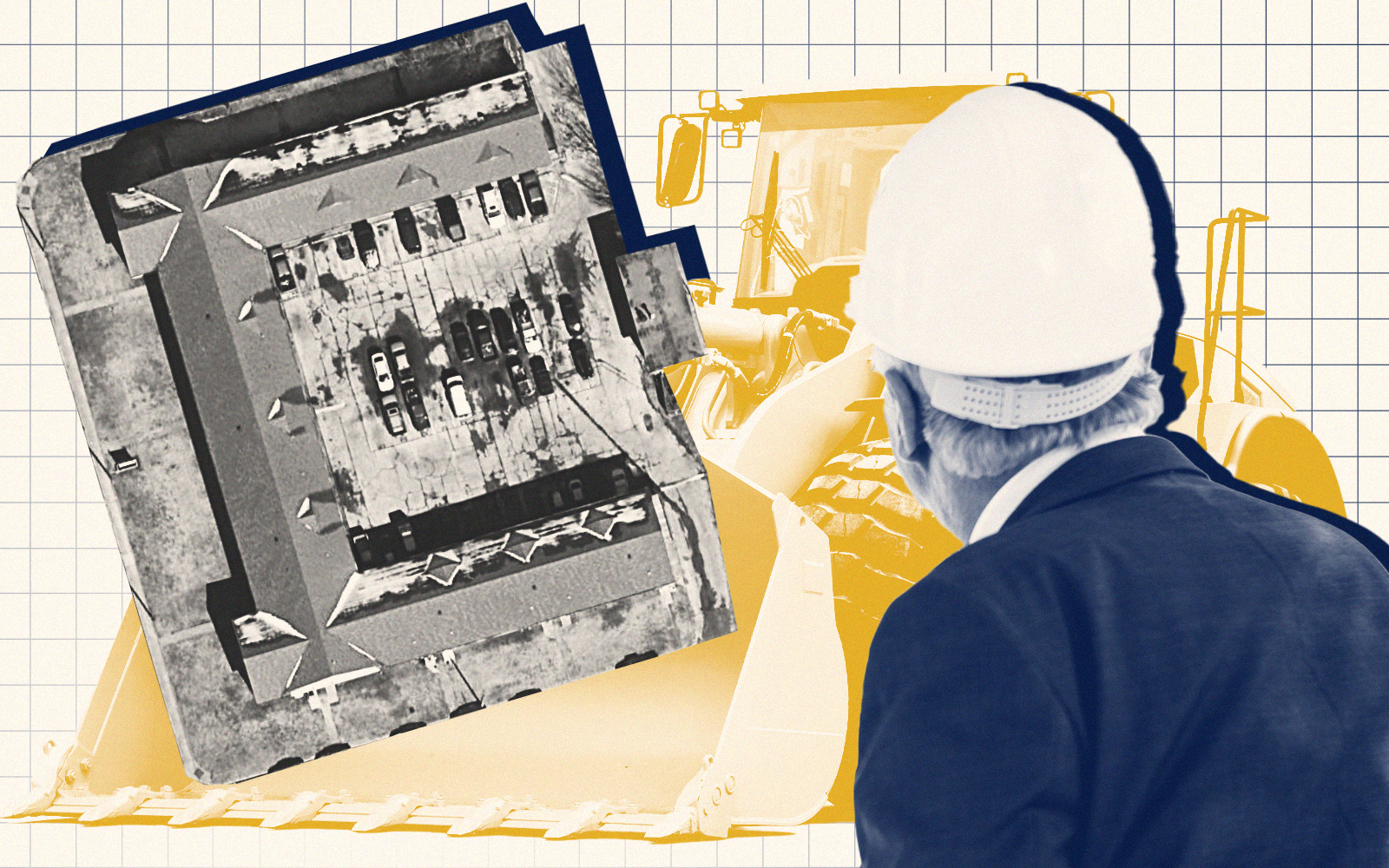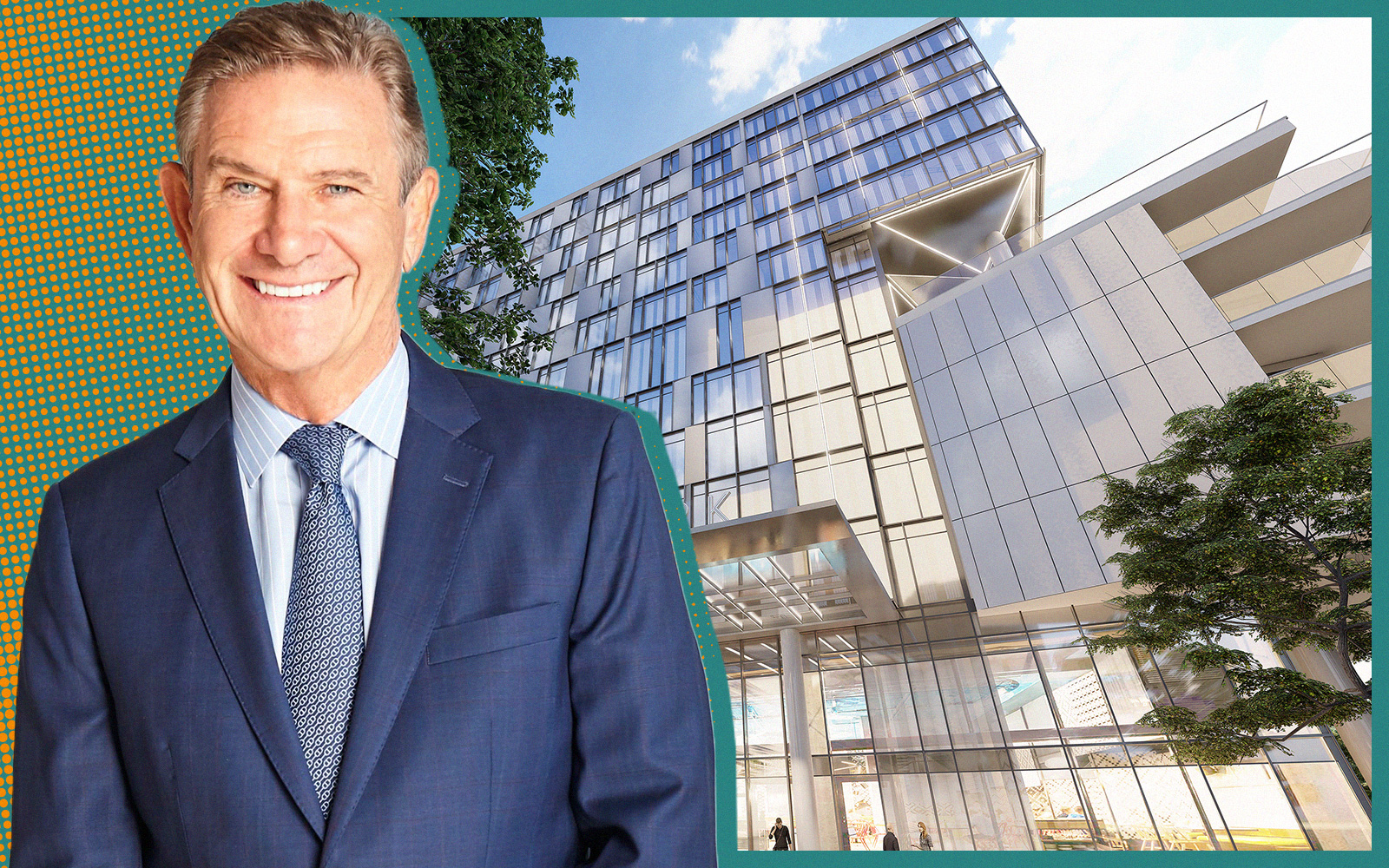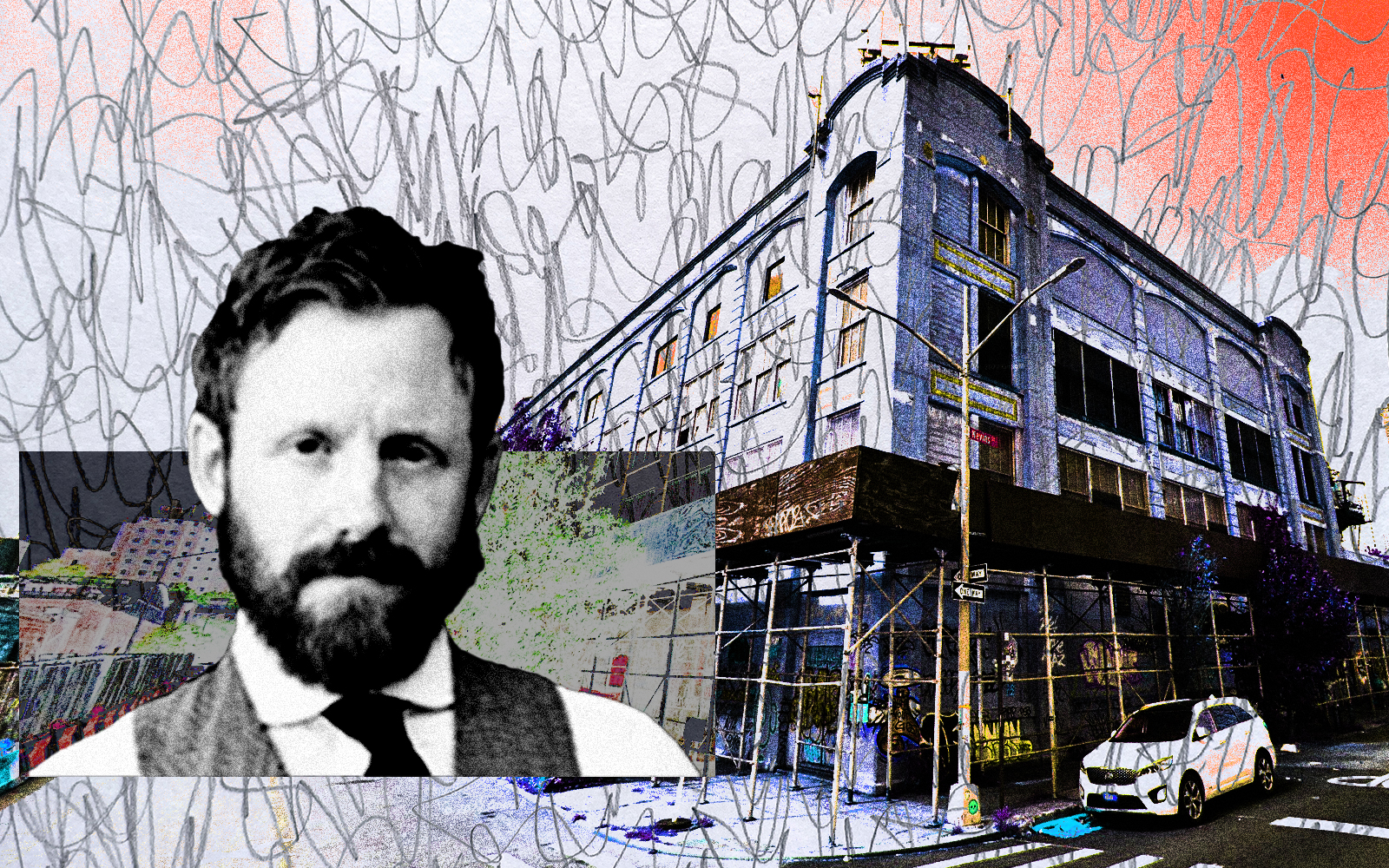Texas cities don’t grow up, they grow out. As people spread ever-outward from downtowns across the state, Texas suburbs like Georgetown and Leander are now the fastest-growing cities in the country. But despite all that growth, or perhaps because of it, traffic to and from them from city centers remains unbearably congested.
Rather than stomach those commutes, scores of white collar employees are working from suburban flex offices, the kinds of places with desks and meeting rooms and free coffee that most people just call “WeWorks.”
Driven by its cities’ outsized suburbanization, Texas has become the country’s flex office laboratory.
There are 476 coworking spaces across Dallas, Houston and Austin, according to Coworking Cafe. Texas is the only state with two cities — Dallas and Houston — in the top 10 for number of coworking spaces. `
Fourty-four percent of coworking spaces are in the suburbs. The Dallas Fort-Worth suburbs altogether have 121, with Plano and Irving emerging as top suburban markets, with 33 locations.
Reworking the Workplace
The flex work renaissance presents an opportunity for suburban office landlords, owners of one of the drabbest asset classes in real estate in the past decade. Hungry for tenants, they have turned to flex office managers, who score below-market rates for management contracts or leases at the types of Class B suburban offices that were otherwise headed for the distress pile.
“All we’re doing is subleasing office space, but that’s like saying all Uber did was invent an app for taxis,” said Jason Anderson, founder of flex office firm Office Evolution. Anderson’s firm now operates five locations in Texas, including suburban locations in Round Rock, Cypress and Southlake.
Anderson used to live and work in downtown Dallas but decided to relocate to the suburbs after he and his wife were nearly attacked in a run-in with a mentally disturbed person in the city.
“It was like the Fresh Prince of Bel-Air,” Anderson said. “Jump and I was in Frisco.”
John Arenas is the founder of Serendipity Labs, a flex office space operator based in Rye, New York, that has expanded heavily into Texas in recent years. On his bookshelf, Arenas keeps a copy of “The Cult of We,” a chronicle of WeWork’s rise and fall.
Serendipity recently expanded to Plano, adding to its suburban Texas portfolio that includes an outpost in McKinney. As the firm grows, it is targeting the types of growing, commute-depending communities that are sprouting up all across Texas suburbs.
“Where we’re not going is into major city centers,” Arenas said.
As the idea of a workplace is being remade in real time, with employers trying desperately to coax their workers back to the office with perks, the flex office market is increasingly looking like another sector faced with existential challenges during the pandemic: hospitality.
“It’s making people feel a certain way about how productive they can be and how valued they are. It’s like a hotel, right?” Arenas said.
IWG, one of the largest flex office conglomerates, operates roughly a dozen brands. Each has its own target audience: the entrepreneur looking to network; the executive wanting a corner office; and the parent with who just wants to focus on work for a couple hours. Just as a traveler might choose Hilton for its consistency and omnipresence, a flex worker would choose Regus, the IWG brand with locations everywhere from Azerbaijan to Zambia.
The big boys of commercial real estate are also jumping on the bandwagon.
Hines launched “The Square,” its line of coworking spaces. JLL also has its own coworking platform, Flex, as does Tishman Speyer (codename: Studio).
Even WeWork has gotten hip to Texas suburbs: Common Desk, a Dallas-based subsidiary, recently opened its first suburban outpost near Houston.
Life in the metaverse
Deep inside the expo floor in the Austin Convention Center, Sofia Song stepped inside a shipping container and teleported to Mexico City. Or rather, a floor-to-ceiling screen on the opposite end of the container reproduced a life-sized livestream of somebody in Mexico City, and the stream looked eerily like the real thing.
Song has spent the last four years thinking about the future of offices as the Global Cities Lead for Gensler, the architecture and design firm. The sudden implosion and ongoing reconsideration of office work has given her plenty to chew on.
During the first wave of corporate nudgings to bring workers back into offices, those that returned largely did so because they missed working with other people. But even as group work became more effective, all the old distractions of office life made it more difficult for people to sit down and do their jobs.
“The biggest reason right now for people to come back to the office is to focus on their work,” Song said.
Most businesses don’t want fully in-person or fully remote work, but something in between. Flex spaces are a solution to that dilemma, but other firms are leaning into tech that can make solo work and hybrid collaboration easier. Sometimes that’s as basic as a phone booth for private calls, but other firms have gone full-bore with metaverse conference rooms or video call shipping containers.
“It’s technologies like that that are going to blur the line between physical and digital,” Song said.
But can that really be the future? Talking to a life-sized replica of your boss while you sit in a shipping container in an office park? In the mass-built communities selling thousands of homes outside of Austin, it just might be.
Read more



